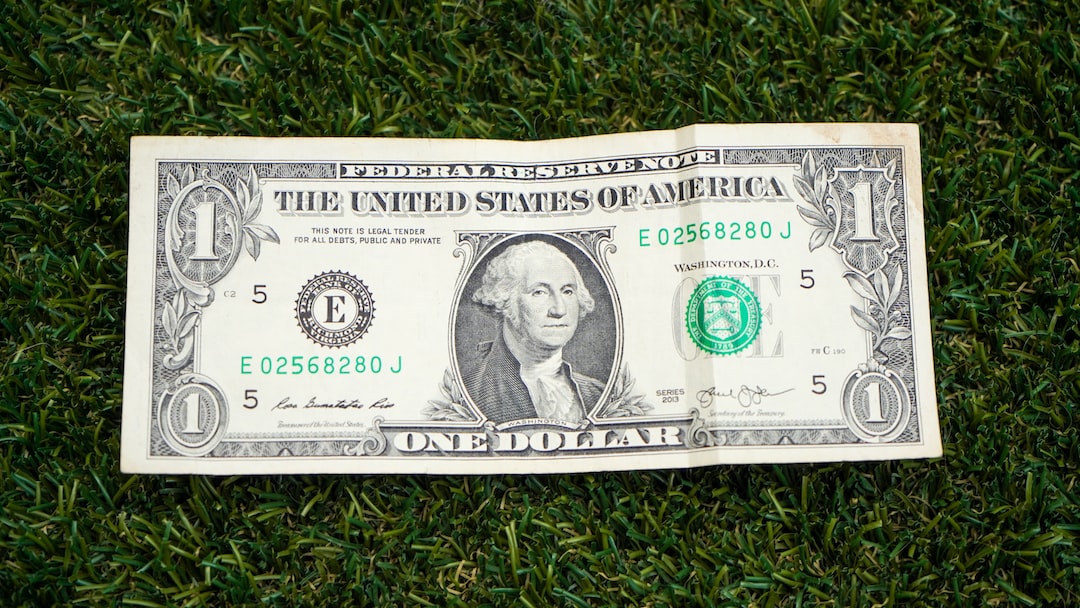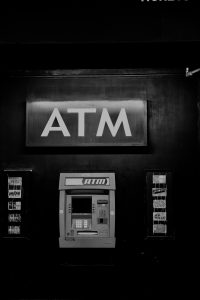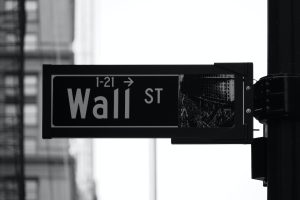Forex trading is the buying and selling of currencies in the global market. In a free market economy, supply and demand play a crucial role in determining the market price of a currency. When the demand for a currency exceeds its supply in the forex market, it creates what is known as excess demand. This article will explain what excess demand forex trading is and how it affects the forex market.
Excess demand in forex trading occurs when buyers are willing to pay a higher price for a currency than what sellers are willing to sell it for. This means that there are more buyers in the market than sellers, and there is not enough supply to meet the demand. When this happens, the market price of the currency will increase until it reaches a point where sellers are willing to sell it.
Excess demand is caused by various factors, including economic and political events, interest rates, inflation, and market sentiment. For example, if a country’s economy is growing at a faster rate than expected, investors may be more willing to buy that country’s currency, causing excess demand. Similarly, if there is a political crisis in a country, investors may sell that country’s currency, creating excess supply.
Excess demand in forex trading can have significant effects on the market. When there is excess demand for a currency, the price of that currency will increase, making it more expensive for buyers. This can lead to a decrease in demand for the currency, as buyers may look for alternative currencies that are cheaper. Conversely, when there is excess supply of a currency, the price will decrease, making it cheaper for buyers. This can lead to an increase in demand for the currency, as buyers may see it as a good investment opportunity.
Traders use various strategies to take advantage of excess demand in forex trading. One strategy is to buy a currency that is in excess demand and hold onto it until the price increases. Traders can then sell the currency at a profit, making money from the price difference. Another strategy is to sell a currency that is in excess supply and buy it back later at a lower price. This is known as short selling, and it allows traders to make money from the price difference.
Excess demand in forex trading can also have implications for central banks and governments. Central banks may intervene in the forex market to stabilize the exchange rate of their currency. For example, if there is excess demand for a currency, the central bank may sell some of its foreign currency reserves to increase the supply of the currency and stabilize its price. Similarly, if there is excess supply of a currency, the central bank may buy its currency to decrease the supply and stabilize its price.
In conclusion, excess demand in forex trading occurs when there are more buyers than sellers in the market, leading to an increase in the price of the currency. Traders can take advantage of excess demand by buying the currency and holding onto it until the price increases or by selling the currency and buying it back later at a lower price. Excess demand can also have implications for central banks and governments, who may intervene in the forex market to stabilize the price of their currency. Understanding excess demand is essential for forex traders, as it can help them make informed investment decisions and manage their risk effectively.





